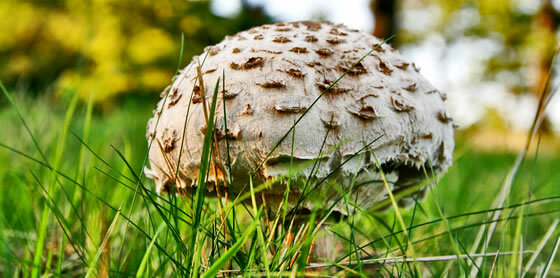Mushroom Characteristics
Biology / / July 04, 2021
Fungi are organisms (eukaryotes) that can be unicellular or polycellular, are found almost anywhere on the planet, and can be beneficial or very harmful to man.
Their reproduction can be sexual or asexual, and they are in an exclusive division for these, this division is part of the biological kingdoms.
The reproduction of the fungi are (somatic) by mitosis and that they contain very small nuclei and the hinfas, that have a nucleus for each cell and others not septate or coenocytic in those in which the nuclei are found in the cytoplasm and distributed in a uniform way, these last cells are reproductive and their nuclei are much larger and they reproduce by means of meiosis.
Main characteristics of mushrooms:

Fungi, as can be seen, are organisms that lack chlorophyll, their reproduction is through spores and / or sexual.
Man has known how to make use of them, by using them as yeasts, in bread, beer, in the fermentation of wine and the production of alcohol.
Another of the most widespread uses of mushrooms is as medicines, since it was through these that the first penicillins and through modifications have been made artificial penicillins that can kill and consume various bacteria
Likewise, fungi are characterized as a food that nourishes in an acceptable way to human beings, because feeds extensively on nutrients either from waste from other organisms or from other organisms directly.
There are also fungi that turn out to be harmful to humans, such as ringworm, dandruff, athlete's foot, candidiasis etc., which are fungus that alter and damage our body by be introduced.
Thus, in people with low defenses, infections such as pulmonary candidiasis occur, which can have fatal effects if they are not cared for.
For these problems, fungicides have been sought and found, which have become indispensable treatments for infectious pests.
The effects produced by fungi can be contagious, since fungi can lodge in living beings and feed on them.
The feeding or nutrition of the fungi is through absorption, and this is because they do not have chloroplasts and cannot feed by photosynthesis.
Fungi can grow at different temperatures, but generally the temperatures are between 0 ° to 55 ° C. and fungi that are called opportunistic endure between 35 ° and 40 ° C.
Fungi are acidophilic organisms, so their adequate Ph is 5.6 in most of them.



